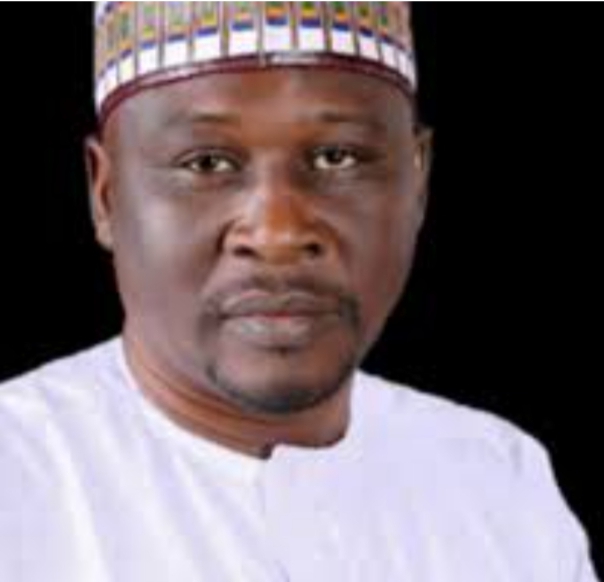
The publisher of a new book detailing Nelson Mandela’s last days, Penguin Random House, has confirmed the withdrawal of the book after it was condemned by his outraged widow, Graca Machel.
The book by Mandela’s physician Vejay Ramlakan was released last week to coincide with the late anti-apartheid leader’s birthday, July 18, which is marked each tear as Mandela Day.
It revealed several undignified episodes at the end of Mandela’s life as well as bitter family squabbles over his care and legacy, prompting fury from his widow Graca Machel who threatened legal action.
The company said it had decided “to immediately withdraw the book Mandela’s Last Years from the trade, and no further copies will be issued.”
It added that the book “was meant to portray Nelson Mandela’s courage and strength until the very end of his life, and was in no way intended to be disrespectful.”
Machel accused Ramlakan, a former military surgeon, of breaching patient confidentiality.
The book detailed how Mandela regurgitated blood due to a lung infection and disclosed that after his death at the age of 95, a spy camera was found in the morgue where his body was held.
It also revealed that an ambulance transporting Mandela to hospital during his final months caught fire on the highway forcing him to wait for a backup.
His eldest grandson Mandla Mandela also criticised the book.
Machel said she had not been consulted, though Ramlakan claimed that the book had been approved.
“We received permission from the family,” the author told local television eNCA before the withdrawal. “All parties who needed to be consulted were consulted.”
“The story of Madiba’s last years is actually, in a sense, more impressive than when he was a fit human being,” he added, paying tribute to his “unconquerable fortitude”.
Mandela, often known by his clan name Madiba, died on December 5 2013, at the age of 95.
Penguin Random House did not say how many copies of the book had already been sold.
Mandela married Machel, his third wife and the widow of Mozambique president Samora Machel, in 1998.





